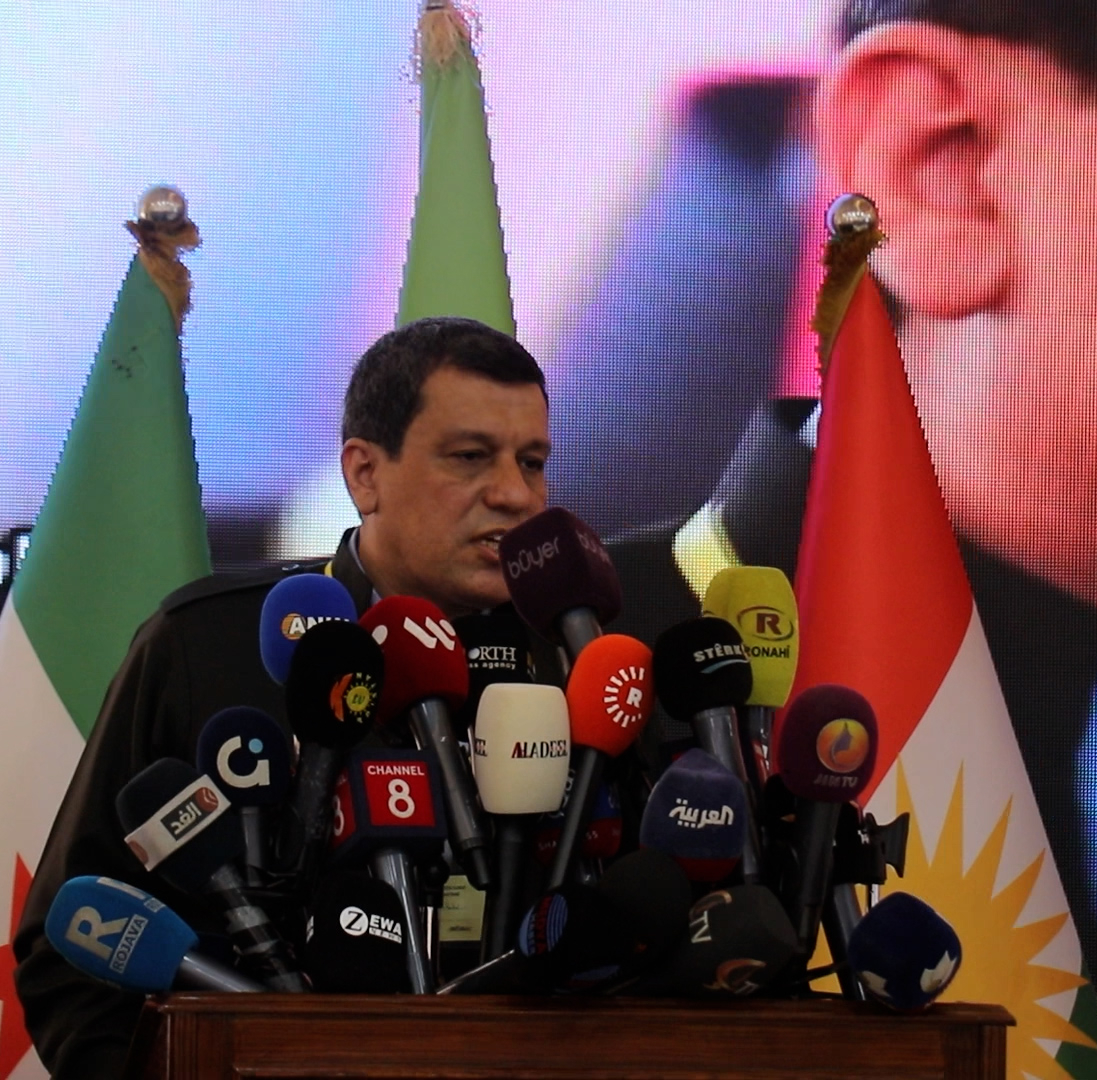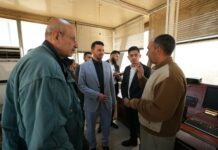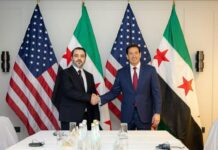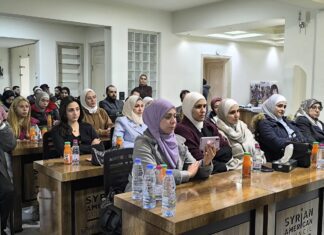
The Syrian presidency issued a sharp rebuke Sunday against calls for federalism following the Kurdish Unity Conference (KUC) in Qamishli. In a statement published by state media and reported by various outlets, the government reaffirmed that Syria’s territorial and societal unity remains a non-negotiable “red line.”
Damascus warned that any attempt to impose federalism or autonomous entities without a broad national consensus would constitute a betrayal of Syria’s collective identity. “We clearly reject any attempts to impose a de facto division or establish separate entities under the labels of ‘federalism’ or ‘self-administration’ without a comprehensive national consensus,” the presidency said.
Conference Pushes for Decentralization
The Saturday conference gathered Kurdish political forces, civil society representatives, and community leaders to endorse a unified political vision. The final statement called for a decentralized, democratic Syria that would guarantee the rights of all ethnic and religious groups, including formal recognition of the Kurdish national identity.
It also announced the formation of a Kurdish delegation tasked with negotiating directly with Damascus. The initiative received strong backing from Kurdish leader Masoud Barzani and was hailed by participants as a crucial step toward resolving “the Kurdish issue” within Syria.
Damascus Stresses Agreement Must Be Respected
In March, Syrian President Ahmad al-Sharaa and Syrian Democratic Forces (SDF) commander Mazloum Abdi reached an agreement aimed at integrating SDF forces into Syrian state institutions and promoting political inclusion based on citizenship and equality. The presidency’s Sunday statement emphasized that this agreement represented a “positive step” if implemented within a comprehensive national framework, free of private or exclusionary projects.
However, recent moves by SDF leadership advocating federalism “starkly contradict the spirit of that agreement,” the presidency charged. Citing concerns about demographic changes and disruption to state institutions in SDF-controlled areas, Damascus warned that monopolizing decision-making and national resources in northeastern Syria risked deepening divisions and undermining any future political settlement.
“The resolution of Syria’s crisis must be purely Syrian, national, and inclusive, based on the will of its people,” the presidency stressed.
Call for Inclusive Governance Without External Interference
The Syrian government reiterated that the rights of Kurds, as with all Syrian citizens, are protected within the framework of a unified state built on full citizenship and equality before the law. Damascus firmly rejected any notion of foreign tutelage or external influence in shaping Syria’s political future.
“We call on the agreement partners, led by the SDF, to sincerely adhere to the concluded agreement and prioritize the supreme national interest over any narrow or external considerations,” the presidency said. As tensions rise over the path forward, both sides now face a critical test: whether dialogue and cooperation can preserve unity without compromising legitimate aspirations.








